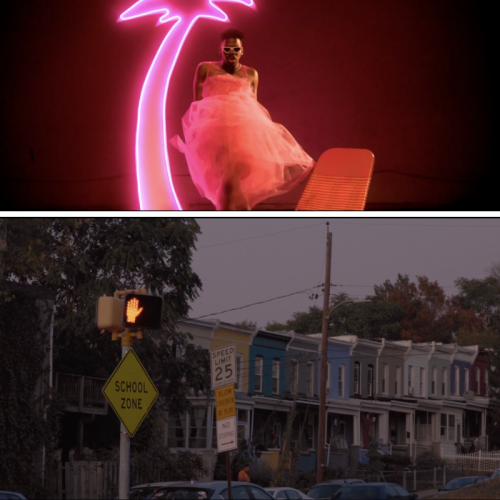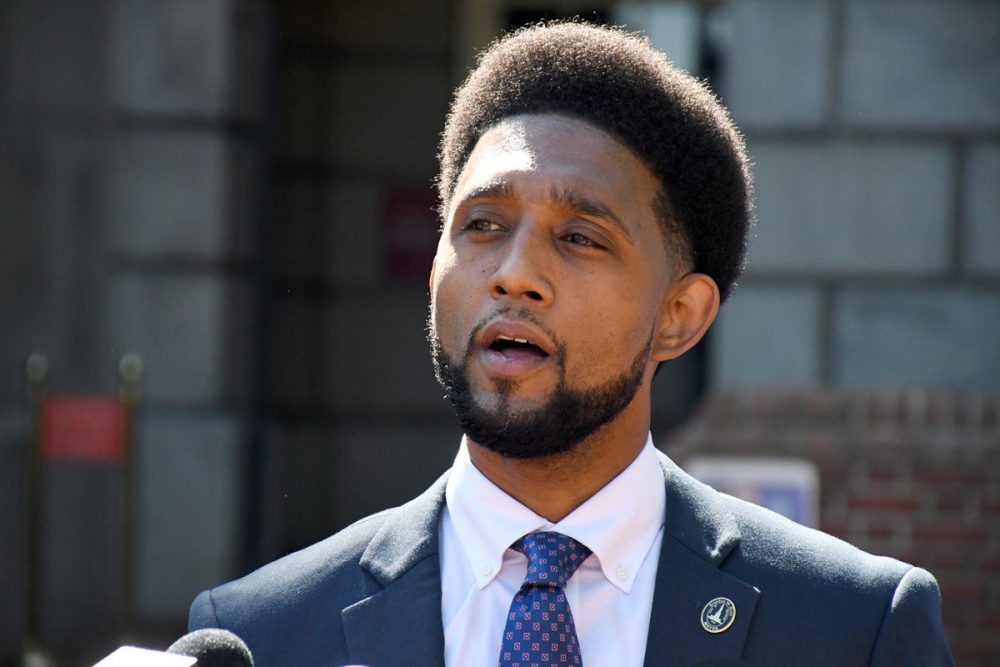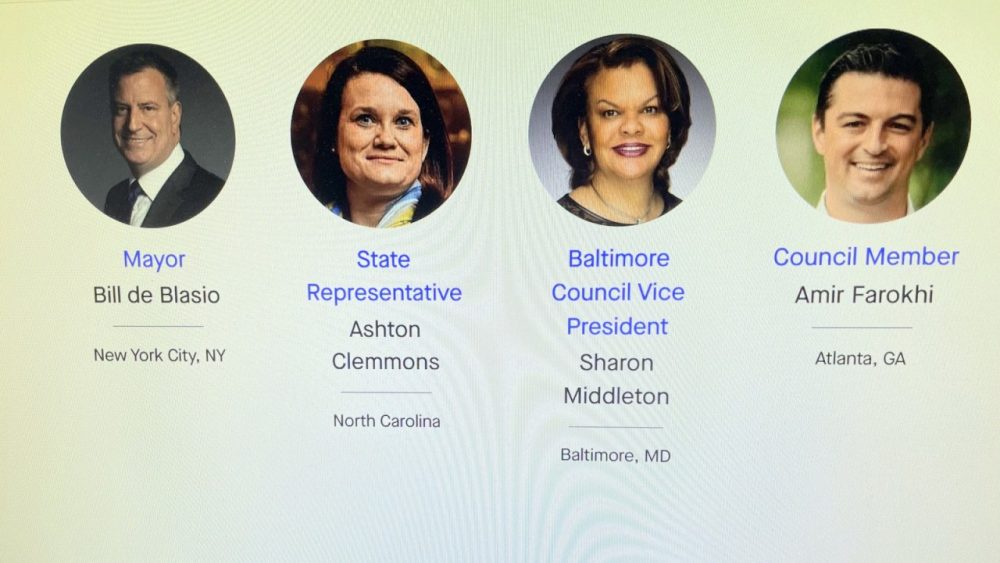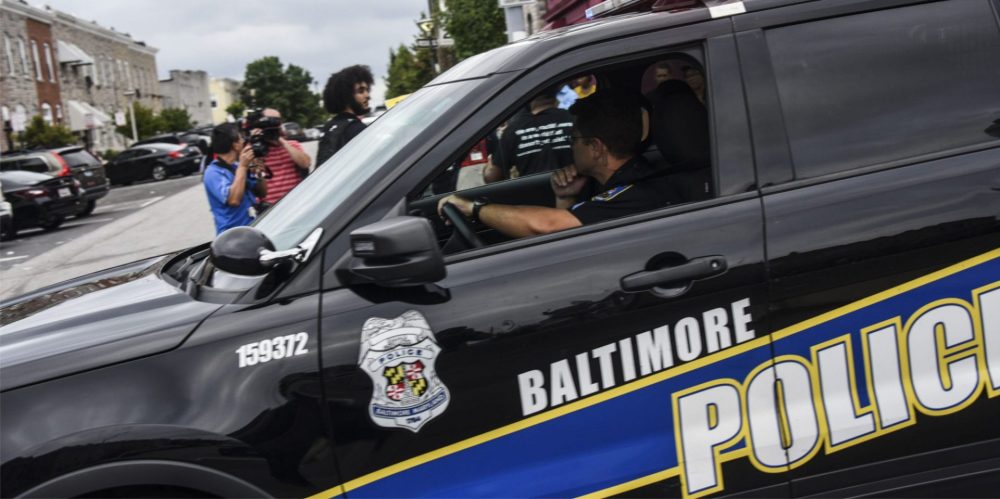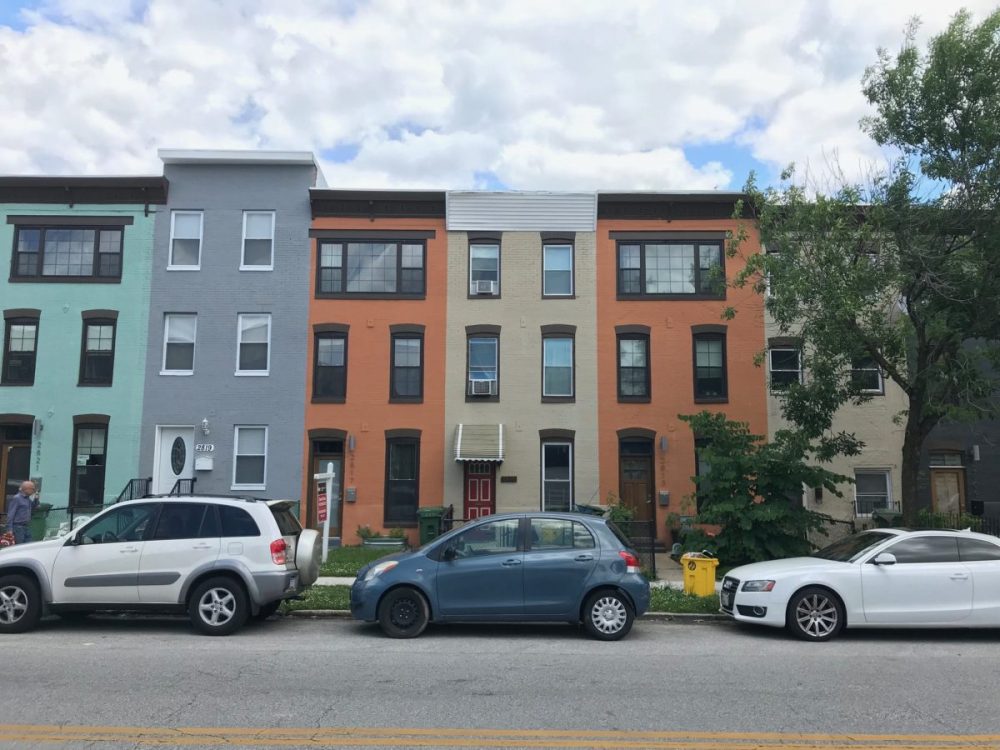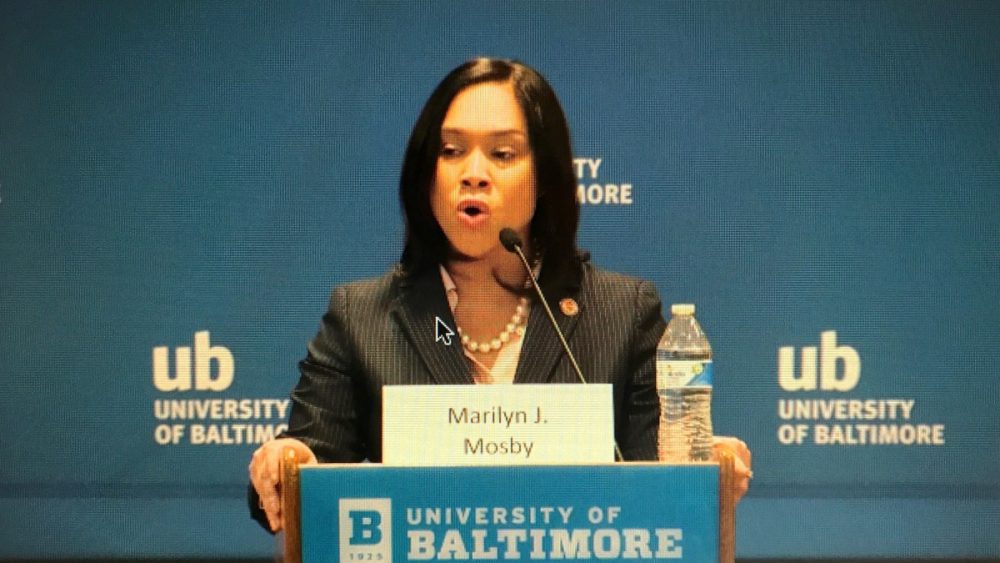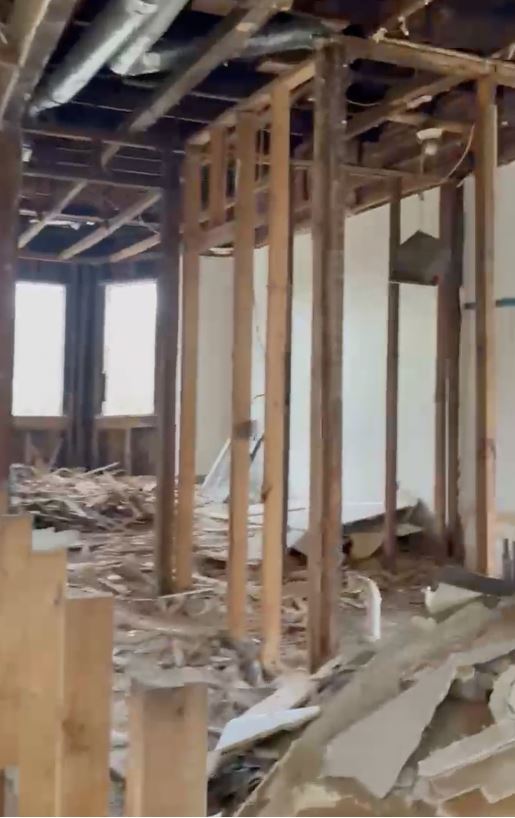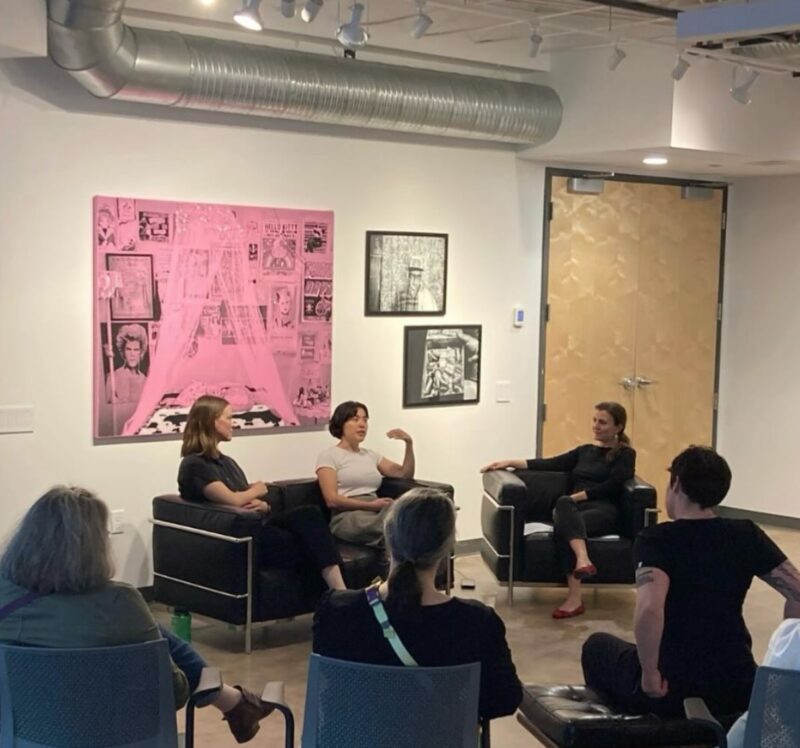Cleaning Up City Hall
by Ron Cassie
Published May 19 in Baltimore Magazine
Excerpt: In 1991, the citizens of Baltimore elected 47-year-old Jacqueline McLean their new comptroller, the first woman ever to hold the city’s third most powerful position. After eight years on the City Council, McLean swept into office in high style, cruising to a resounding win for the open seat following the retirement of colorful, “champion of the little guy” Hyman Pressman, who had served seven terms and 28 years before announcing his retirement. The fashionable co-owner (with her husband) of an apparently successful travel agency, Four Seas & Sevens Winds, Inc., McLean presented as every bit the savvy businesswoman with a large house in Guilford, two vacation homes, and assets valued at more than $1.7 million. Political observers, including her fellow elected officials, felt certain she’d make a strong run for mayor someday. It had been a remarkable ascent. The sky was the limit.
“With Jackie’s smashing victory, it potentially sets her up for bigger and better things in the city,” state Sen. Nathan Irby said after McLean’s big win in the Democratic primary, adding, “. . . she knows how to play. That’s the key to politics.”
McLean had not risen from the east or westside Democratic clubs when she launched her political career in 1983, bypassing the establishment by spending gobs of her own cash on her campaign and TV ads. Her wealth had not only made her candidacy possible, but seemed its very basis. She trumpeted her business acumen and captured the public’s imagination with its symbols of success—beautiful homes, smartly tailored clothes, and stylish jewelry. When asked after her first political victory about the seemliness of using her own money, lots of it, to buy herself a seat on the City Council, she’d smiled sweetly, the Baltimore Sun reported, and said, “He who has the gold makes the rules.”

